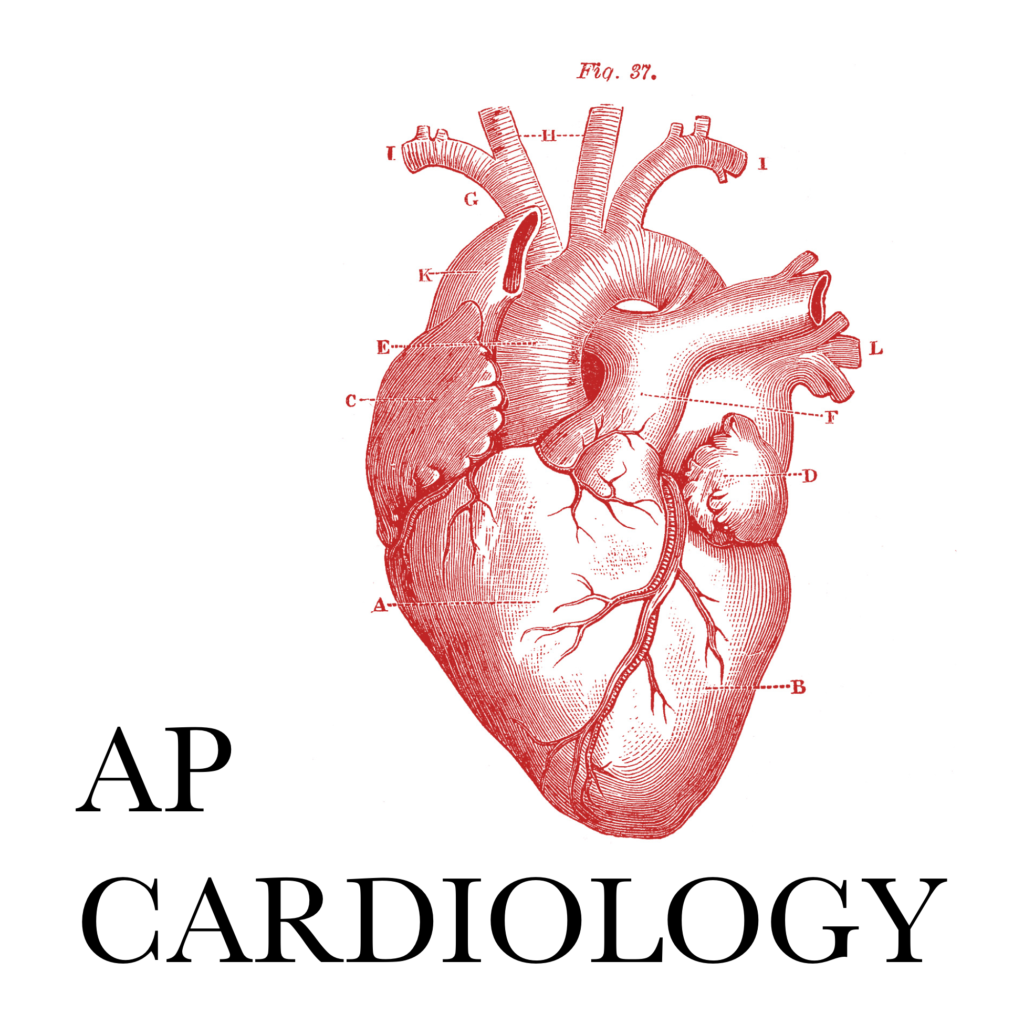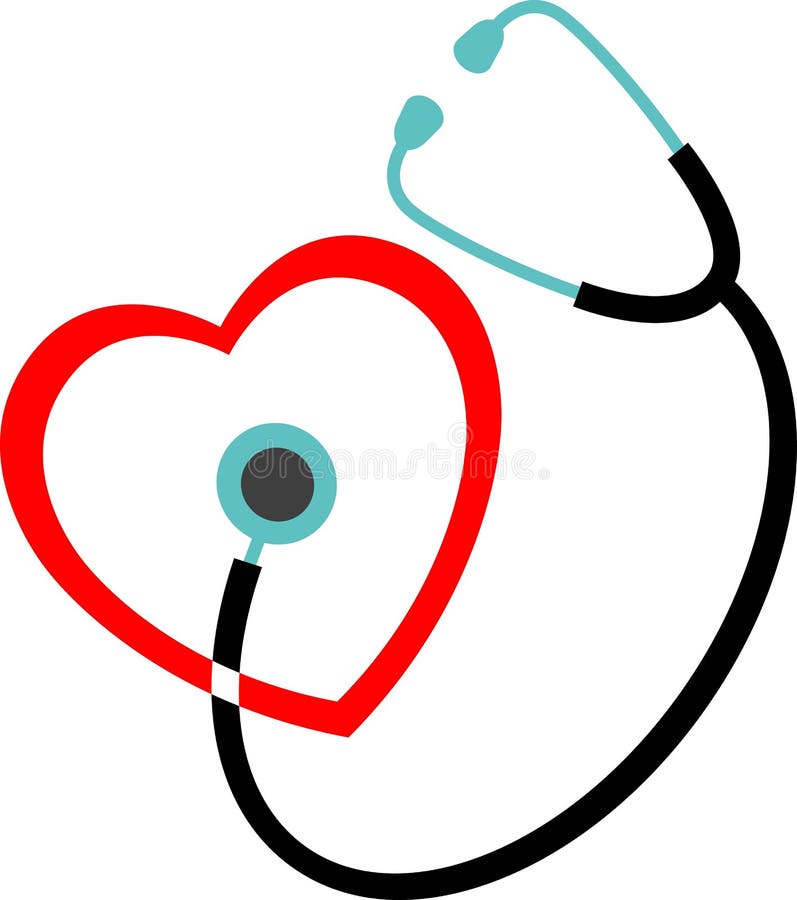Stay ahead of heart disease with Cardiology Jupiter’s approach
Stay ahead of heart disease with Cardiology Jupiter’s approach
Blog Article
Comprehending the Significance of Cardiology in Modern Health Care Providers
Cardiology plays an essential role in modern-day medical care, particularly as heart problem continues to be the leading source of mortality worldwide. Advancements in diagnostics and treatment have transformed client care, enabling earlier interventions and improved end results. The shift towards preventative cardiology encourages people to manage their health proactively. As technology continues to advance, the assimilation of ingenious options may further redefine cardiology's effect on public wellness, triggering a better evaluation of arising fads and their ramifications.
The Prevalence of Heart Disease and Its Effect On Public Health And Wellness
Heart condition remains the leading reason of death globally, its effect extends much beyond specific patients to influence public health and wellness systems and economies. The high occurrence of cardiovascular disease positions a substantial pressure on healthcare sources, necessitating boosted funding for avoidance, rehabilitation, and therapy programs. Public health and wellness campaigns should resolve risk aspects such as excessive weight, cigarette smoking, and less active lifestyles, which contribute considerably to the climbing incidence of heart conditions.Moreover, the economic worry connected with heart problem is tremendous, incorporating not only direct clinical costs however also indirect costs associated to shed productivity and premature mortality. Areas deal with challenges in handling these expenses, often resulting in variations in health care accessibility and end results. As the populace ages and lifestyle-related risks continue to escalate, the urgency for efficient cardiology interventions ends up being vital. Dealing with heart disease is not only an issue of specific wellness yet likewise an important public health and wellness concern.
Advancements in Cardiac Diagnostics and Imaging Techniques
Recent advancements in heart diagnostics and imaging methods have transformed the field of cardiology, boosting the capacity to keep an eye on and discover heart illness. Techniques such as heart MRI, CT angiography, and echocardiography have actually ended up being increasingly innovative, supplying comprehensive pictures of heart frameworks and functions. These methods enable the early recognition of conditions like coronary artery disease, cardiac arrest, and valvular disorders.Moreover, improvements in non-invasive diagnostics, such as wearable technology and remote surveillance gadgets, have equipped clients and doctor. These tools facilitate real-time monitoring of heart rhythms and various other necessary signs, bring about timely treatments. Additionally, expert system is being incorporated into imaging evaluation, improving precision and efficiency in medical diagnosis.
Innovations in Therapy Alternatives for Heart Conditions
Current advancements in cardiology have actually led to considerable technologies in treatment alternatives for heart disease. These include innovative surgical methods that boost procedural results and arising drugs that provide brand-new methods for therapy. As the field advances, these technologies play a crucial duty in improving individual treatment and outcomes.
Advanced Surgical Techniques
Advancements in medical strategies have changed the landscape of cardiology, providing brand-new wish for patients with heart conditions. Minimally invasive treatments, such as catheter-based treatments, have actually greatly decreased healing times and healthcare facility keeps. Techniques like robotic-assisted surgery enhance precision, enabling specialists to browse intricate physiological frameworks with better precision. In addition, advancements in imaging technology facilitate real-time visualization during procedures, improving outcomes. Transcatheter aortic shutoff substitute (TAVR) exhibits a development in treating aortic stenosis, enabling valve substitute without open-heart surgical procedure. In addition, hybrid techniques that integrate surgical and catheter-based approaches give customized services for various cardiac concerns. These sophisticated surgical techniques not just improve individual safety but additionally broaden treatment options, emphasizing the important function of development in modern cardiology techniques.
Emerging Medications and Treatments
As the landscape of cardiology proceeds to develop, arising medicines and therapies play a pivotal function in enhancing therapy choices for heart problems. Advancements such as novel anticoagulants and progressed lipid-lowering agents have actually transformed the monitoring of cardiovascular conditions, significantly reducing individual morbidity and mortality. Furthermore, the development of genetics treatments and regenerative medicine supplies appealing methods for treating problems previously regarded irreversible. Professional trials are consistently revealing the efficiency of these therapies, pushing the borders of traditional therapies. Additionally, the integration of digital health and wellness modern technologies helps with tailored medicine, enabling tailored treatment plans based upon genetic and way of life variables. Collectively, these improvements emphasize the vibrant nature of cardiology, improving client results and redefining requirements of treatment in modern-day medical care.
The Role of Preventive Cardiology in Patient Care
Preventive cardiology plays a necessary duty in person treatment by concentrating on the recognition of threat factors that contribute to heart disease. Through lifestyle modification techniques and early detection techniques, doctor can efficiently decrease the incidence of cardiovascular events - Cardiology Jupiter. This proactive approach not only boosts person end results yet likewise promotes long-term health
Threat Aspect Identification
While heart diseases continue to be a leading root cause of morbidity and mortality worldwide, effective risk variable recognition works as a cornerstone of preventative cardiology. Recognizing danger elements such as high blood pressure, family members, diabetic issues, and hyperlipidemia history is crucial for early treatment. Health care professionals make use of different evaluating techniques to evaluate these aspects, permitting customized preventive actions. Furthermore, understanding an individual's lifestyle options, such as smoking and physical lack of exercise, further notifies risk evaluations. This thorough examination enables medical professionals to create customized treatment plans aimed at mitigating threats. By prioritizing danger aspect recognition, healthcare systems can boost individual end results and reduce the total concern of heart diseases, inevitably contributing to improved public wellness strategies and resource allowance.
Way Of Living Modification Methods
A plethora of studies highlights the vital duty of lifestyle modification techniques in minimizing cardio condition risk. These techniques include dietary modifications, raised exercise, smoking cessation, and weight management. By embracing a heart-healthy diet plan rich in fruits, click vegetables, whole grains, and lean proteins, individuals can reduce cholesterol levels and blood pressure. Routine exercise enhances the heart and enhances general cardiovascular health and wellness. Furthermore, stopping cigarette smoking significantly minimizes the danger of cardiovascular disease and improves recovery rates for those with status quo. Weight monitoring better adds to cardiovascular health and wellness by reducing other threat variables such as diabetes mellitus and high blood pressure. Executing these lifestyle changes not just advertises private well-being yet additionally serves as a cornerstone of preventive cardiology in person treatment.
Early Discovery Strategies
Way of life modifications substantially add to decreasing heart disease dangers, yet they are most reliable when matched with early discovery techniques. Preventative cardiology highlights the significance of recognizing prospective heart issues prior to they escalate right into major problems. Methods such as high blood pressure monitoring, cholesterol testing, and advanced imaging modern technologies like echocardiograms play important roles in examining cardiovascular health and wellness. Biomarkers and hereditary testing additionally improve the accuracy of early discovery, enabling customized preventative techniques. Normal cardiac threat evaluations equip doctor to intervene proactively, potentially preventing cardiac arrest and strokes (Cardiologist near me). By incorporating these very early discovery techniques right into routine care, clients can gain from timely way of living treatments and targeted therapies, inevitably enhancing results and boosting lifestyle
Integrating Modern Technology Into Cardiology Practices
As innovations in innovation proceed to reshape different fields, the combination of ingenious devices and systems right into cardiology methods has become important for improving patient care and results. Telemedicine platforms allow cardiologists to check patients from another location, improving accessibility to care while minimizing the concern on medical care centers. Wearable devices, such as smartwatches, enable continuous heart price surveillance, signaling both doctors and people to potential issues in real-time. Additionally, expert system (AI) is being utilized to analyze vast amounts of heart information, assisting in very early diagnosis and customized treatment strategies. Advanced imaging techniques, consisting of 3D echocardiography, boost visualization of heart frameworks, leading to a lot more specific treatments. Digital wellness records (EHRs) simplify client information monitoring, ensuring that cardiologists have immediate access to important information. With each other, these technical developments are transforming cardiology, promoting positive administration and improved wellness results for patients with cardio problems.
The Relevance of Person Education And Learning and Engagement
Person education and involvement play a critical role in the administration of cardiovascular health and wellness. By equipping clients with knowledge regarding their problems, therapy choices, and way of life adjustments, health care carriers empower people to take an active role in their treatment. This positive approach can cause improved adherence to suggested medicines, nutritional modifications, and exercise regimens, inevitably minimizing the risk of complications.Engagement also promotes a strong patient-provider connection, urging open communication and count on. When individuals really feel informed and involved, they are more probable to voice problems and ask questions, which can lead to much better clinical outcomes. Furthermore, academic sources, such as workshops or electronic systems, can boost understanding and advertise self-management approaches. Overall, prioritizing patient education and interaction is necessary for boosting cardio wellness, boosting top quality of life, and lowering medical care costs connected with heart diseases.
Future Trends in Cardiology and Their Potential Influence

Often Asked Questions
What Lifestyle Adjustments Can Minimize Heart Problem Danger?
The current inquiry addresses way of living modifications that can significantly reduce heart problem danger. Cardiology. Embracing a well balanced diet regimen, taking part in regular exercise, preserving a healthy weight, taking care of anxiety, and avoiding cigarette can significantly boost cardiovascular health and wellness
Exactly How Can I Acknowledge Early Indicators of Heart Issues?
Recognizing very early signs of heart problems involves tracking symptoms such as breast pain, lack of breath, fatigue, and irregular heart beat. Timely recognition of these signs can prompt essential medical analysis and intervention for far better outcomes.
What Are the Differences In Between Cardiologists and Cardiac Surgeons?
The distinctions in between cardiologists and cardiac surgeons exist in their duties; cardiologists mainly detect and manage heart disease with non-invasive approaches, while cardiac doctors carry out operations to fix architectural heart concerns. Each plays a vital, unique duty.

Exactly how Typically Should I Get My Heart Wellness Checked?
The regularity of heart health and wellness checks varies based on specific danger elements. Generally, grownups must undergo evaluations each to two years, while those with existing problems may call for more frequent analyses as encouraged by health care professionals.
What Duty Does Genetics Play in Heart Problem Danger?
Genetics considerably influences heart problem danger, with domestic patterns indicating acquired conditions. Specific genetics can predispose individuals to high blood pressure, cholesterol problems, and various other cardiovascular problems, highlighting the importance of hereditary screening in examining heart health and wellness. Heart illness stays the leading reason of death around the world, its effect expands far past individual linked here clients to impact public health systems and economic climates. Public health and wellness efforts must deal with threat factors such as weight problems, cigarette smoking, and sedentary way of lives, which add greatly to the increasing occurrence of heart conditions.Moreover, the economic concern connected with heart condition is immense, including not just straight medical expenses however additionally indirect expenses associated to shed performance and early death. Preventive cardiology plays a necessary duty in patient treatment by concentrating on the identification of threat factors that add to heart condition. Synthetic knowledge (AI) and maker understanding are enhancing diagnostics and patient tracking, allowing very early discovery of heart illness. The distinctions in between cardiologists and heart doctors exist in their duties; cardiologists largely manage and identify heart conditions through non-invasive methods, while cardiac surgeons perform surgical treatments to deal with architectural heart concerns.
Report this page